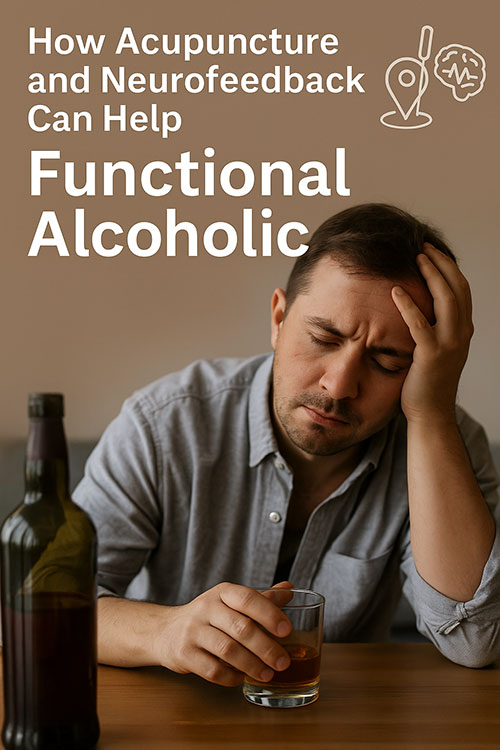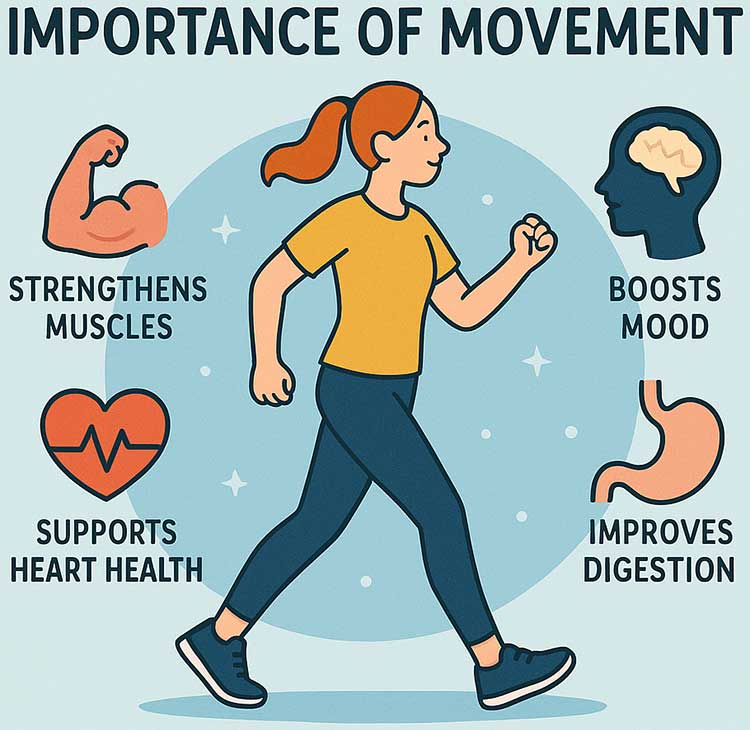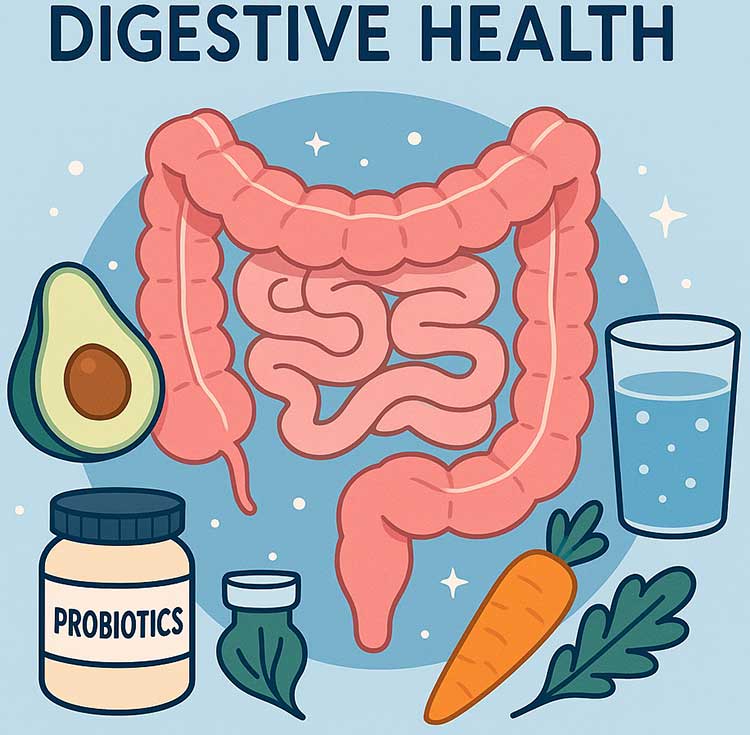Quieting the Storm: How Acupuncture and Neurofeedback Can Help Functioning Alcoholics Break Free
Dr. Tatyana's Health and Wellness Blog
Treating the whole person to restore optimal health. Check back often for up-to-date news and information about acupunture and Chinese medicine.
Most Recent Posts ...
Posted on: 2/16/2026
Posted on: 2/2/2026
Posted on: 1/19/2026
Posted on: 1/5/2026
Search All Blog Posts
Blog Post Archive Categories
- Herbs for Better Digestion: Natural Support for a Healthier Gut
- Why Moving Your Body Matters: The Hidden Risks of a Sedentary Lifestyle
- Top 5 Ways to Stay Healthy This Winter and Avoid the Flu
- Acupuncture & Herbal Medicine for Digestive Health: Healing the Center of Your Body
- Acupuncture for Pain Relief: A Natural, Effective Solution
- Acupuncture for Insomnia & Anxiety: Restoring the Calm Within
- Chronic Fatigue and Chronic Inflammation: A Holistic Look Through Western and Eastern
- The Hidden Dangers of Overusing Supplements: Are You Taking More Than You Should?
- The Importance of Exercise and How to Stay Motivated for a Healthier You
- Hold down a job
- Maintain relationships
- Manage daily responsibilities
- Drink in secret or outside of social settings
- Struggle with guilt, shame, or anxiety
- Justify or minimize the problem
- Experience disrupted sleep, mood swings, or health issues
- Calms the nervous system: Acupuncture can help regulate the sympathetic (fight-or-flight) and parasympathetic (rest-and-digest) nervous systems, reducing stress, irritability, and cravings.
- Detox support: Certain acupuncture points support liver function and detoxification, easing withdrawal symptoms.
- Balances emotions: From a TCM perspective, alcohol dependency is often linked to imbalances in the Liver and Heart meridians, which regulate emotional processing, willpower, and detoxification. Regular treatments help restore internal balance and emotional resilience.
- Improves sleep and energy: As the body heals, patients often experience more restful sleep and less daytime fatigue.
- Reinforces healthier brainwave activity: Neurofeedback teaches the brain how to return to a calm, focused, and balanced state without needing substances.
- Reduces cravings and anxiety: By improving regulation in the brain's reward and emotional centers, neurofeedback can ease the compulsion to drink.
- Improves focus and emotional control: Especially helpful for people who turn to alcohol to manage anxiety, ADHD, or trauma-related symptoms.
- Strengthens long-term recovery: Neurofeedback promotes the brain’s plasticity and healing, making it a powerful companion to other therapies and lifestyle changes.
Quieting the Storm: How Acupuncture and Neurofeedback Can Help Functioning Alcoholics Break Free
In our busy, high-pressure world, it's not uncommon to find individuals who seem to “have it all together”—a career, social life, family obligations—and yet, behind closed doors, they struggle with alcohol dependence. This is what is often referred to as being a functioning alcoholic.
 What Does It Mean to Be a Functioning Alcoholic?
What Does It Mean to Be a Functioning Alcoholic?
A functioning alcoholic is someone who is able to maintain outward appearances of a stable life while secretly or habitually relying on alcohol. They may:
But they often:
Functioning alcoholics are often in denial because their lives haven’t “fallen apart” in the way we typically associate with addiction. But their bodies and minds are under significant stress—and the internal toll is real.
The Role of Stress and Emotional Triggers
Many functioning alcoholics use alcohol to cope with chronic stress, unresolved trauma, anxiety, or emotional overwhelm. Over time, the body becomes dysregulated, leading to a cycle of dependency that's difficult to break without support.
How Acupuncture Can Help
Acupuncture, a key modality in Traditional Chinese Medicine (TCM), supports addiction recovery in a number of ways:
How Neurofeedback Therapy Supports Recovery
Neurofeedback is a non-invasive, brain-training therapy that helps rewire unhealthy neural patterns:
Addressing the Bigger Picture
Functional alcoholism is not just about alcohol—it's often tied to deeper emotional wounds, past traumas, and nervous system dysregulation. Healing requires compassion, support, and holistic care.
If you or someone you love is struggling to quit drinking but still “functioning,” know that help is available—and recovery doesn’t have to begin with a crisis.
Acupuncture and neurofeedback therapy offer safe, supportive, and effective tools to help you regain control, reduce cravings, and restore your emotional and physical health—one balanced step at a time.




